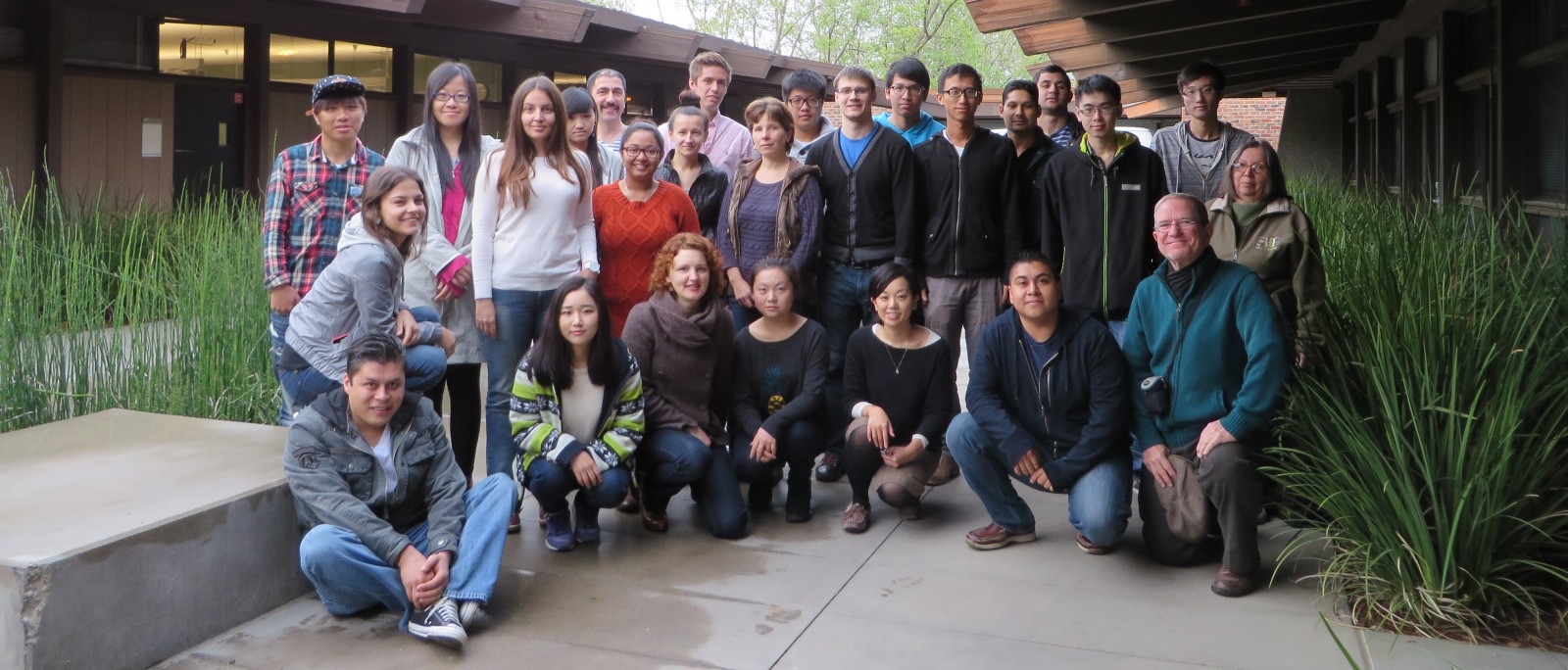 On my green sheet, it states that students can have two unexcused absences. All other excuses must be based on real circumstances preventing the student from coming to class: illness, injury, family emergencies, etc.
On my green sheet, it states that students can have two unexcused absences. All other excuses must be based on real circumstances preventing the student from coming to class: illness, injury, family emergencies, etc.
I recently received two emails from students explaining their absences. The first one explained that since it was Chinese New Year, he had to stay home to call his parents, and they were only available during the time he would be in my class. (Half the class is Chinese, and I suspect will also celebrate Chinese New Year, but none of them missed class.) I wrote to the student, told him about the other Chinese students, and said that this was not a valid reason for missing class. The second email came with the excuse that the student had to study for a Chemistry midterm, and therefore, he would have to skip both of my classes. I wrote back that ESL was supposed to help him pass Chemistry since he had to read the book and the tests as well as understand the lectures. I also told him it was not a valid excuse.
Now here is the problem. If both students had written that they were sick, they would have been excused. Perhaps there were other students who were absent around the same time but had written me that they were ill. Maybe they were ill and maybe they weren’t. How long is it going to take my two honest students with lame excuses to find out that if they had told me a lie (that they were sick), they would have been excused? In effect, aren’t I teaching the students to tell me lies and not tell me the truth?
However, is it possible that the two honest excuses were really valid excuses? A colleague thought the story of calling one’s parents on Chinese New Year was actually quite nice. I haven’t asked anyone about the Chem midterm excuse. I understand how students have to set priorities, and family and a Chem midterm were more important to the two students than the class. Perhaps the problem is more with me. As long as students are doing the work, getting good grades, and finding out what was done in class when s/he was absent, shouldn’t that be enough for me?
Here’s the dilemma. It IS a face-to-face class. It DOES make a difference if a student is in class or not. Part of the class is community building since students slowly get to know each other and trust each other. The question that isn’t asked on the first day of class can be asked in six weeks because of the trust among the students that has been established. The feeling that a student will be laughed at for his/her accent, grammar, or question gradually fades as students get to know and like each other. They are not afraid of speaking in front of newly-made friends. If a student can justify missing class for Chinese New Year or a Chem midterm, aren’t there even more “valid” excuses for students to miss class for? Isn’t this the proverbial slippery slope?

I know exactly what you mean. I always compare my student classes to the ones I teach in adult evening classes. In the latter everyone chose to take part because they are really interested in the subject. Everybody is doing their homework, everybody is always well prepared. Everybody shows up on time. And if someone cannot attend he or she contacts me via phone and I know they would rather come to class but can’t because something more important came up. With my students, however, it is different. I find I need to establish strict rules at the beginning of a term, because otherwise they’ll take advantage. It seems they are not yet experienced enough as to understand why they need to attend regularly. Hence they need strict rules. At our school you are allowed three sick days. If you have any more we ask for a doctor’s confirmation any other time they miss class. So far it works. I don’t like having to have strict rules but haven’t found an alternative that works so far.
LikeLike
Hi Rich,
I do wonder about students’ excuses, how firm I am about attendance and the equity of it all. I normally list excused absences as things that need documentation like a doctor’s note or court/jury documents. I’ve unfortunately received and accepted a copy of an eviction that a student and his parents received.
In my recent first-year faculty meetings, it was suggested but not dictated that we accommodate student absences around religious and cultural holidays. That seemed reasonable to me. Last quarter I had students tell me far in advance that they would be gone on a cultural holiday, so they completed the work ahead of time and communicated with their group. These were otherwise engaged students who always attended, so I didn’t mind. Had my policy been stricter, I may have had a lot of “I have the flu” emails instead.
LikeLike
Part of me wants to be stricter, and part of me wants to treat the students as adults with their being responsible for their learning or lack thereof. I don’t ask for documentation since when I am sick myself, I don’t always go to the doctor. Last quarter I had a goof off who did nothing, had way too many absences, and failed the class. He came back this quarter (which I wasn’t looking forward to), and he is a completely changed person. I can’t get over how engaged he is, and he is always there. I keep asking him whether he has a twin brother at home. I asked him what prompted him to change. He said that he had gotten all F’s, so failure was the great motivator.
LikeLiked by 1 person